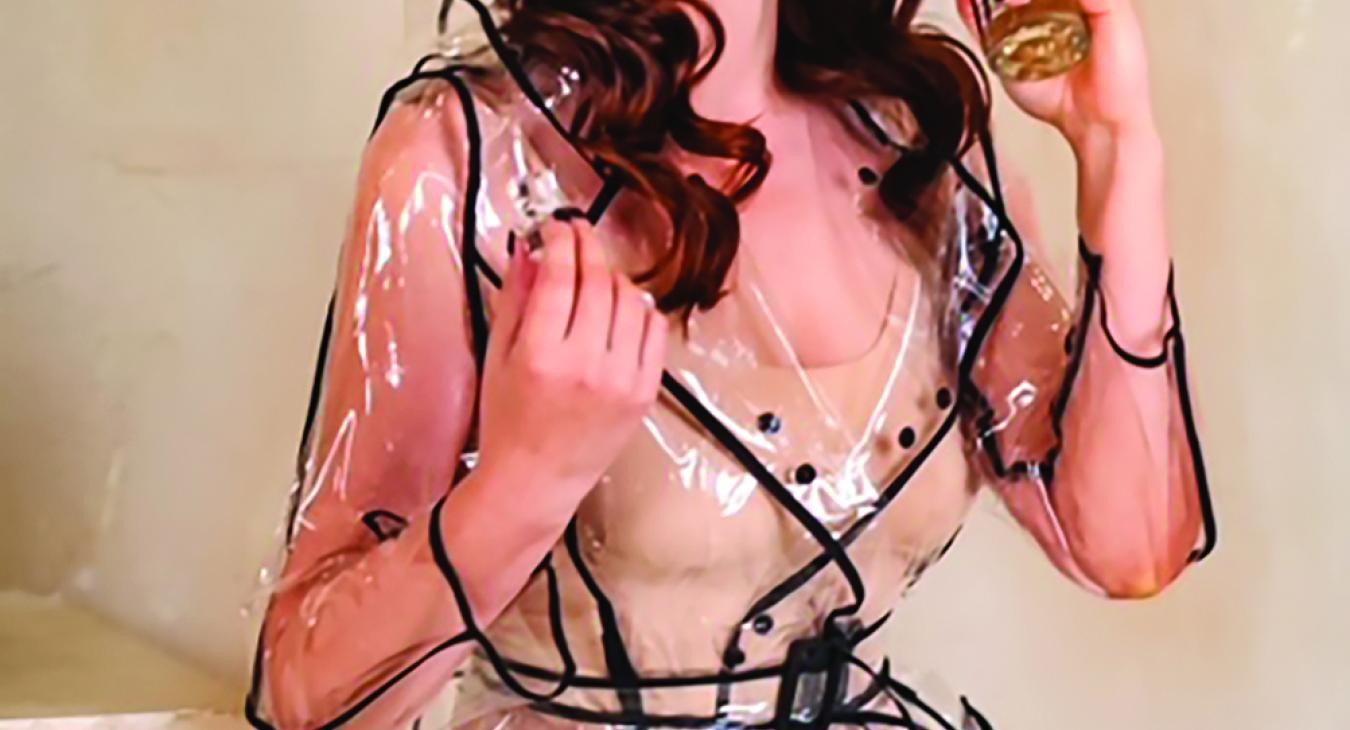Niche fragrances: how to choose one for yourself or as a gift
In previous issues of our publication, we've already covered niche perfumes—unique works of perfumery art. In this article, we'll explain how to choose the right niche perfume.
First of all, when first encountering niche perfumes, don't jump to conclusions based on their modest packaging. Niche perfumes prioritize scent and tend toward a minimalist style; the packaging is discreet, and the bottles are simple in shape, so as not to distract from the most valuable element—the contents—and to avoid overpaying for the packaging.
Niche perfumes are characterized by a lack of advertising. You won't see niche fragrances in glossy magazines or on television. They aren't advertised by celebrities. Niche perfume manufacturers, as a matter of principle, don't invest in marketing; Their goal isn't to make as much money as possible by attracting mass consumers, but to attract true connoisseurs of quality and exclusivity.
Let's dispel a few myths about "niche" fragrances.
Myth #1: "Niche" perfumes sound strange.
Strange – no. Original, unusual, unique – yes. At first, you listen and are surprised, then you fall in love and can't understand how anyone could "wear" anything else.
Myth #2: All "niche" fragrances contain only natural ingredients.
The basis of "niche" perfumery is natural ingredients – essential oils, essences, plant extracts, natural aphrodisiacs. However, a perfumer who only has natural ingredients at his disposal will be limited in his creativity. By adding trace amounts of synthetic substances, the range of notes in "niche" fragrances expands infinitely, and truly unique masterpieces are born.
Myth #3: "Niche" perfumes are incredibly long-lasting and retain their scent for up to a week.
Much depends on the composition. Sometimes perfumers create complex structures that unfold for hours, last long, and delight with a vibrant sillage for 24-48 hours or more. But sometimes, "niche" perfumes limit themselves to a simple scent, reminiscent of the freshness of a crisp, crisp white shirt. Much also depends on the season, temperature, humidity, skin type, and application method.
Myth #4: "Niche" perfumes are VERY expensive.
This stereotype stems from comparing "niche" perfumes to luxury perfumes—fragrances produced by famous fashion houses such as Chanel, Dior, Gucci, Burberry, Hermès, Guerlaine, and others. When you buy a "niche" perfume, you get bold, unusual, and sometimes outrageous combinations, unique and unrepeatable scents. At the same time, you don't overpay for marketing gimmicks. Therefore, you can often find niche perfumes that are far superior to luxury brands in uniqueness and beautiful sound, but cost almost the same.
How to choose niche fragrances for yourself and as gifts?
When choosing a niche perfume, listen to the scent. Niche compositions have more original notes and unexpected combinations. Try them on slowly to find a personal scent "code" that matches your unique personality. Pay attention to the unique development of the composition. Commercial perfumes always sound predictable, which is why we recognize them on others. Niche perfumes develop differently on the skin. For example, if you spray the same niche fragrance on the skin of 5-7 people, you will smell several individual versions with a variety of nuances.
1. Mood influences the perception of fragrance, which is why perfumers call their creations "emotional anchors." Choose your fragrance in a good mood!
2. Notes or composition? When choosing a perfume and evaluating the scent as a whole, pay attention to the top, heart, and base notes.
3. Test niche fragrances on your skin. Don't rush to conclusions based on top notes; wear the scent for a while and see how comfortable it feels.
4. Accelerating the development of a fragrance by rubbing it on your skin is unacceptable. There are several types of niche perfume structures: linear fragrances smell similar, so there's no point in rushing them, while pyramidal fragrances can be destroyed by friction, revealing unpleasant alcohol notes.
5. Perfumers recommend trying up to five fragrances in one tasting. If you want to try more, give your nose a rest; avoid sniffing coffee; it's better to drink some water.
6. Have you chosen a "niche" perfume, but for some reason couldn't get used to it? Leave the bottle on the shelf and return to it in a few months, as your perception may change dramatically. Besides, the habit of buying a single perfume for life is a thing of the past. Limiting yourself to one scent is boring these days. You can and should collect—build a personal perfume wardrobe, a collection of fragrant pleasures for every mood and every occasion.
"Niche" perfume as a gift? We often face the daunting task of deciding what to give to someone who "has everything." A "niche" perfume is an excellent solution. Such perfumes are rare and exclusive.
